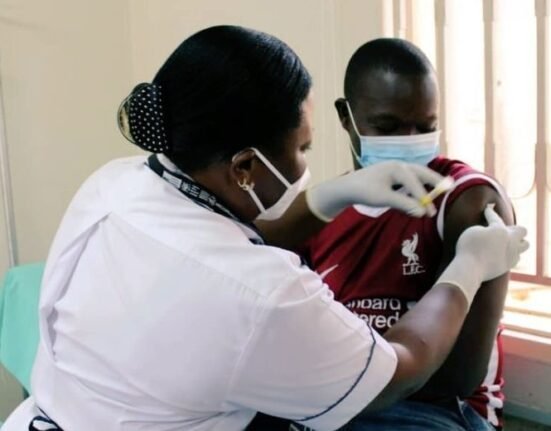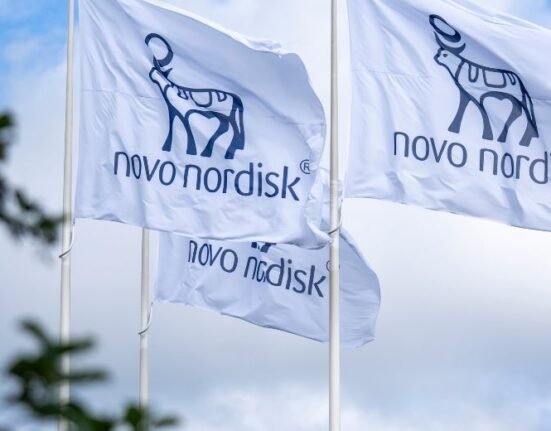HQ Team
December 2, 2023: Pfizer Inc., has discontinued its clinical trials of the twice-daily oral weight-loss drug, danuglipron, after more than 50% of the patients opted out due to adverse effects of the medicine.
“While most common adverse events were mild and gastrointestinal in nature (and) consistent with the mechanism, high rates were observed,” according to a Pfizer statement.
The adverse events included up to 73% nausea, up to 47% vomiting and up to 25% diarrhoea. “At this time, twice-daily danuglipron formulation will not advance into Phase 3 studies.”
“High discontinuation rates, greater than 50%, were seen across all doses compared to approximately 40% with placebo,” according to the statement.
Once-daily formulation
An ongoing pharmacokinetic study of once-daily formulation of danuglipron will continue, the company stated. Early data are anticipated in the first half of 2024.
“We believe an improved once-daily formulation of danuglipron could play an important role in the obesity treatment paradigm, and we will focus our efforts on gathering the data to understand its potential profile,” said Mikael Dolsten, MD., PhD., Chief Scientific Officer & President, Pfizer Research and Development.
“Results from ongoing and future studies of the once-daily danuglipron modified release formulation will inform a potential path forward to improve the tolerability profile and optimise both study design and execution.”
Danuglipron, discovered and developed in-house at Pfizer, is a type of medicine known as a GLP-1RA.
Novo Nordisk, Eli Lilly
The medicine is intended to keep blood sugar at healthy levels and work by increasing the amount of insulin released and lowering the amount of glucagon released into the blood.
It also slows down the digestion of food and increases the feeling of fullness after eating.
Other companies competing in the obesity market, which is forecast to be worth $100 billion by the end of the decade, include Novo Nordisk and Eli Lilly.
The global economic impact of overweight and obesity will reach $4.32 trillion annually by 2035 if prevention and treatment measures do not improve, according to the World Obesity Federation.
At almost 3% of global GDP, this is comparable with the impact of COVID-19 in 2020, according to the federations’ World Obesity Atlas 2023.
A majority of the global population (51%, or over 4 billion people) will be living with either overweight or obesity by 2035 if current trends prevail. One in four people (nearly 2 billion) will have obesity.








